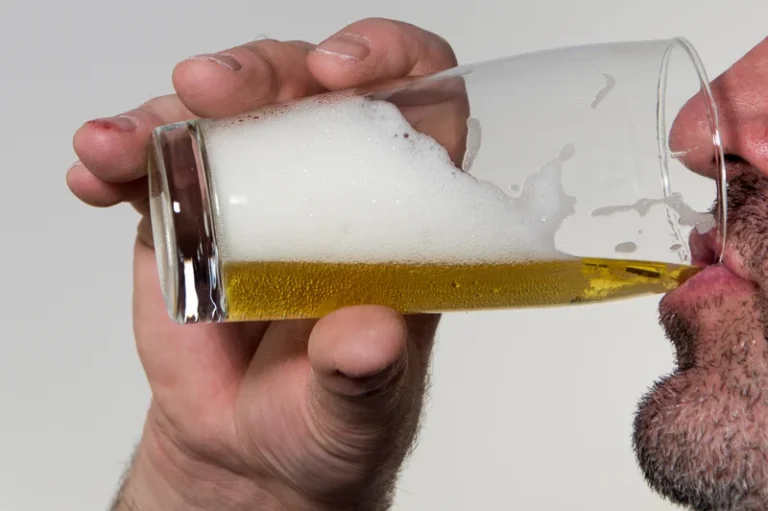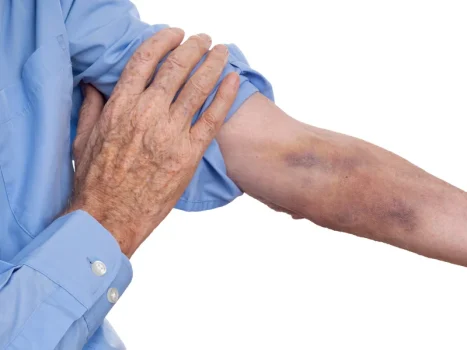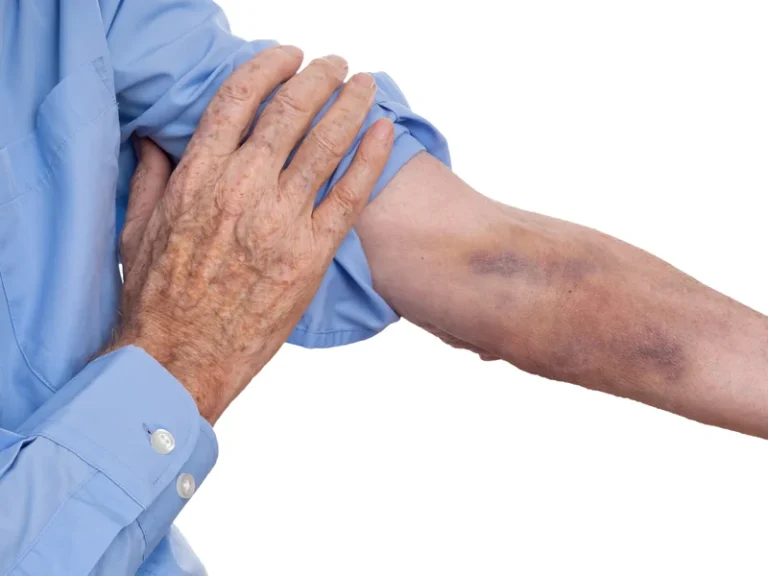Alcoholic cardiomyopathy: Treatments, outlook, and more
Monday, March 22nd, 2021
Furthermore, they specified the definition of “one drink” offer clarity when it comes to alcohol consumption. The guidelines typically define one drink as specific quantities for different types of alcoholic beverages. For instance, a single drink of beer is typically considered as a 12-ounce (355 ml) serving of regular beer, usually containing around 5% alcohol by volume (ABV). When it comes to wine, one drink is defined as a 5-ounce (148 ml) serving, which typically contains about 12% ABV.
Treatment / Management
Congestive symptoms, such as the expression of right ventricular failure, with peripheral edema or anasarca, are characteristic of advanced cases of ACM 42,56. The prevalence of chronic pulmonary diseases among patients with AC was approximately 30% and has remained unchanged through the years studied. This possibly reflects concomitant maladaptive coping behaviors and cocausation with depression precipitating alcohol use and vice versa.19 Rates of hypertension, however, have doubled from 30% to 60% over the studied timeframe. This requires close attention, considering the ill effect of high blood pressure on the cardiovascular system.
5. Sarcomere Damage and Dysfunction in ACM
- At present, its consumption rates are still very high, with a widespread worldwide distribution, in a global uncontrolled scenario with easy access 2.
- This activity describes the pathophysiology of ACM, its causes, presentation and the role of the interprofessional team in its management.ACM is characterized by increased left ventricular mass, dilatation of the left ventricle, and heart failure (both systolic and diastolic).
- Without an adequate supply of blood and oxygen, the body’s organs and tissues can no longer function properly.
- There is also an established link between the development of ACM and apoptosis because of myocardial cell death, which contributes to heart pathology and dysfunction.
- In the first of these studies, Fauchier et al11 studied 50 patients with ACM and 84 patients with DCM between 1986 and 1997.
- Acetaldehyde produced in the liver from metabolism via alcohol dehydrogenase may also reach the heart and produce adverse effects.
Other treatments aim to treat the symptoms of ACM and prevent any disease complications. For instance, healthcare professionals can carry out a stress test or heart catheterization to rule out coronary artery disease (CAD), which is another cause of cardiomyopathy. Another nutritional factor classically involved in the pathophysiology of AC was cobalt excess.
- In the present report, the short history of patient symptoms, the failed but not dilated or thinned left ventricle, the elevated cardiac enzyme levels and the rapid reversal of left ventricular systolic dysfunction suggest acute alcohol toxicity.
- At a pathological level, sarcomere Z-line distortion and disruption of the sarcomere pattern leads to myocytolysis 107,129.
- During the 20th century, the physiopathological basis for ACM was progressively established 6.
- Numerous studies have shown conflicting results regarding the natural history and outcomes with alcoholic cardiomyopathy (AC).
- The pancytopenia and elevated liver enzyme levels resolved within a few days of hospital admission, with abstinence from alcohol.
Risk factors
Patients aged 45 and older were largely affected and cardiovascular etiologies predominated among causes for admission. A literature review using the PubMed database with the search terms ‘alcoholic cardiomyopathy’, ‘alcoholic heart disease’, was conducted up to January 2017. The literature search was limited to publications written in the English language. As pointed out before, the current accepted definition of ACM probably underestimates the number of women affected by the disease.

Recent Activity
Symptoms of ACM are not specific and overlap with other forms of heart failure 30,41,58. They appear when ventricle dilatation, hypertrophy, and dysfunction are established. Later and progressively in the course of the alcoholic cardiomyopathy symptoms disease, around 20% of women and 25% of men with excessive alcohol consumption develop exertion dyspnea and orthopnea, leading to episodes of left-ventricle heart failure 39,46,59. Depression of LV ejection fraction (EF) is the hallmark of this period that also occurs with a reduction in LV shortening fraction, increase in LV diameter, and mass indices that may be measured by echocardiography or cardiac MR spectroscopy 40,52.
The Prognostic Factors of Alcoholic Cardiomyopathy
Anyone with concerns about alcohol consumption or heart health needs to consult a doctor for further advice and guidance. Alcoholic cardiomyopathy affects the heart’s ability to pump oxygen-rich blood around the body. This can cause various symptoms, including shortness of breath, fluid retention, and fainting. Often, when a doctor suspects cardiomyopathy, they will order an echocardiogram. This test will assess the ejection fraction (EF), a measurement that expresses how much blood the LV pumps out with each contraction. Once doctors have found this, they will look for the cause of the weakened heart.

Furthermore, in contrast to nuclear DNA, mitochondrial DNA is susceptible to oxidative stress due to its close proximity to the formation of ROS and the limited protective mechanisms in place to safeguard DNA integrity. Post-mortem biopsies from the hearts of human alcoholics revealed that the myocardial mitochondria is enlarged and damaged 1-9. According to current knowledge, prolonged and excessive alcohol consumption plays a significant role in inducing oxidative stress within the myocardium. This can occur through direct means, by promoting the generation of free radicals, or indirectly, by triggering the release of hormones, such as angiotensin II, or activating other systems. Moreover, alcohol may reduce the levels of transport proteins and diminish antioxidant activity by decreasing the plasma concentration of antioxidant enzymes.

This eventually limits the heart’s ability to pump oxygen-rich blood around the body. The effect measure for each outcome was conducted using the mean differences effect measure, where the outcomes were assessed in identical units across the various literature reviews used in the study. Furthermore, for this review, certainty assessment was conducted by assessing the risk of bias, imprecision, inconsistency, and indirectness of the presented evidence. Through a thematic synthesis, we identified common trends, knowledge gaps, and emerging research areas related to ACM.
- Emmanuel Rubin analysed muscle biopsies from individuals who were previously non-drinkers and were submitted to a balanced diet with heavy alcohol intake during one month41.
- Some studies have shown that the combination of carvedilol and trimetazidine with other traditional heart failure medications is effective 1-3,7-11,16-20.
- Earlier studies by Puszkin and Rubin (10) were the first to suggest that alcohol had effects on the regulatory proteins, troponins or tropomyosins.
- For many decades, ACM has been considered one of the main causes of left ventricular dysfunction in developed countries.
- Treatment includes medicines and sometimes surgically implanted devices and heart surgery.
- Functionally high ethanol produces disruptions in the myocyte oxidative pattern and decreases in Complex I, II, and IV of the mitochondrial respiratory chain 100,109,110.
As an adaptive process, chronic alcohol consumption induces up-regulation of myocardial L-type Ca 2+ channel receptors, whose activity decreases in the presence of cardiomyopathy 103. One interesting aspect of the present case is that although the patient had been a heavy user of alcohol for many years, there had been no previous evidence of cardiomyopathy. It was only after the recent significant increase in alcohol intake that the myocardial dysfunction became apparent. It is unclear whether it was the cumulative dose or the increased daily dose of alcohol that precipitated the left ventricular dysfunction.
Subjects and methods
Other than abstinence, very little is known about the treatment of cocaine-induced cardiac dysfunction. Indeed, there are case reports of reversibility of cardiac function after cessation of drug use. In patients who develop cardiomyopathy, the traditional therapy for LV dysfunction is appropriate. Two decades ago, the treatment of cocaine-induced cardiovascular effects favored the use of β-blockers, especially propranolol.





